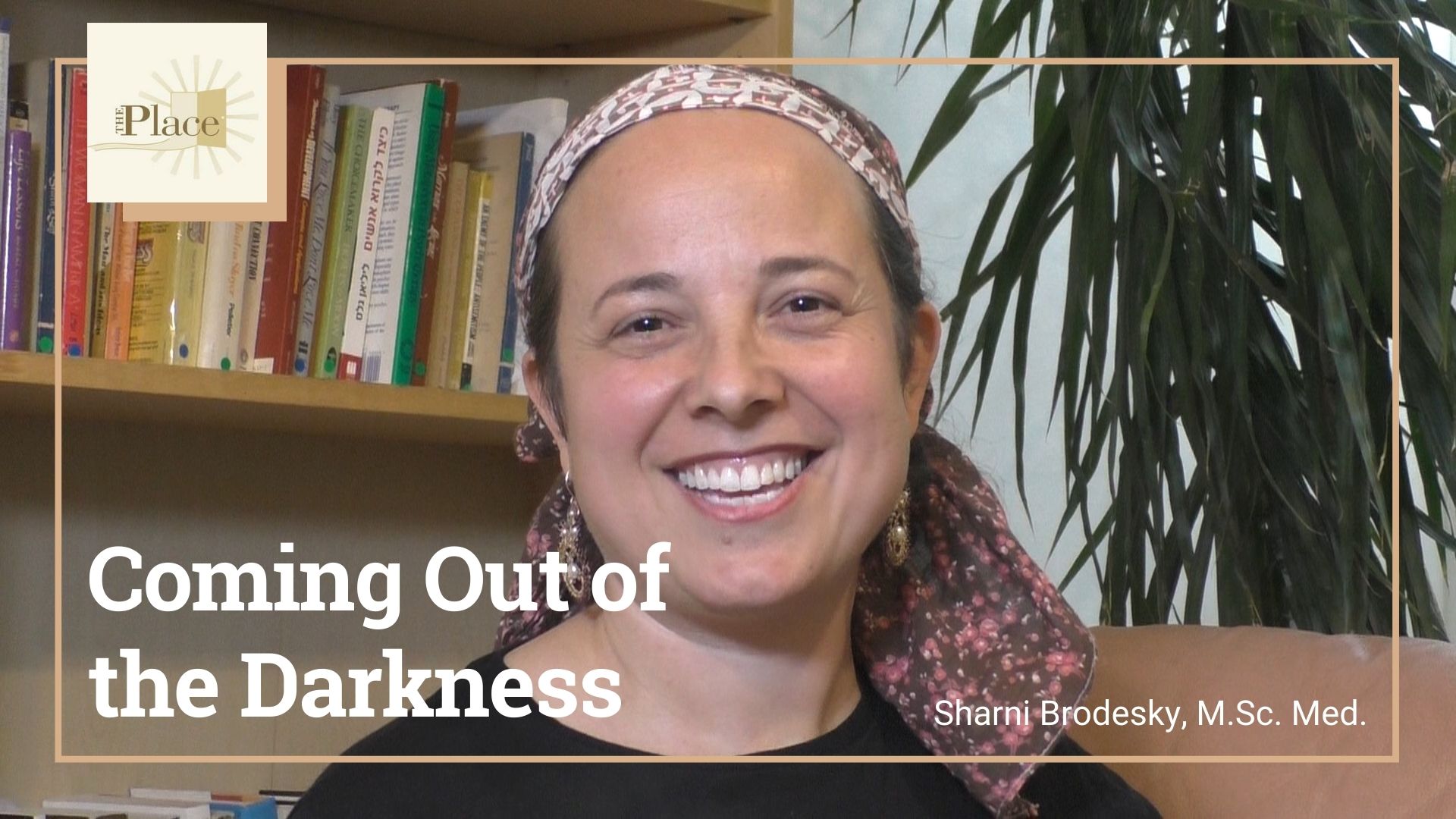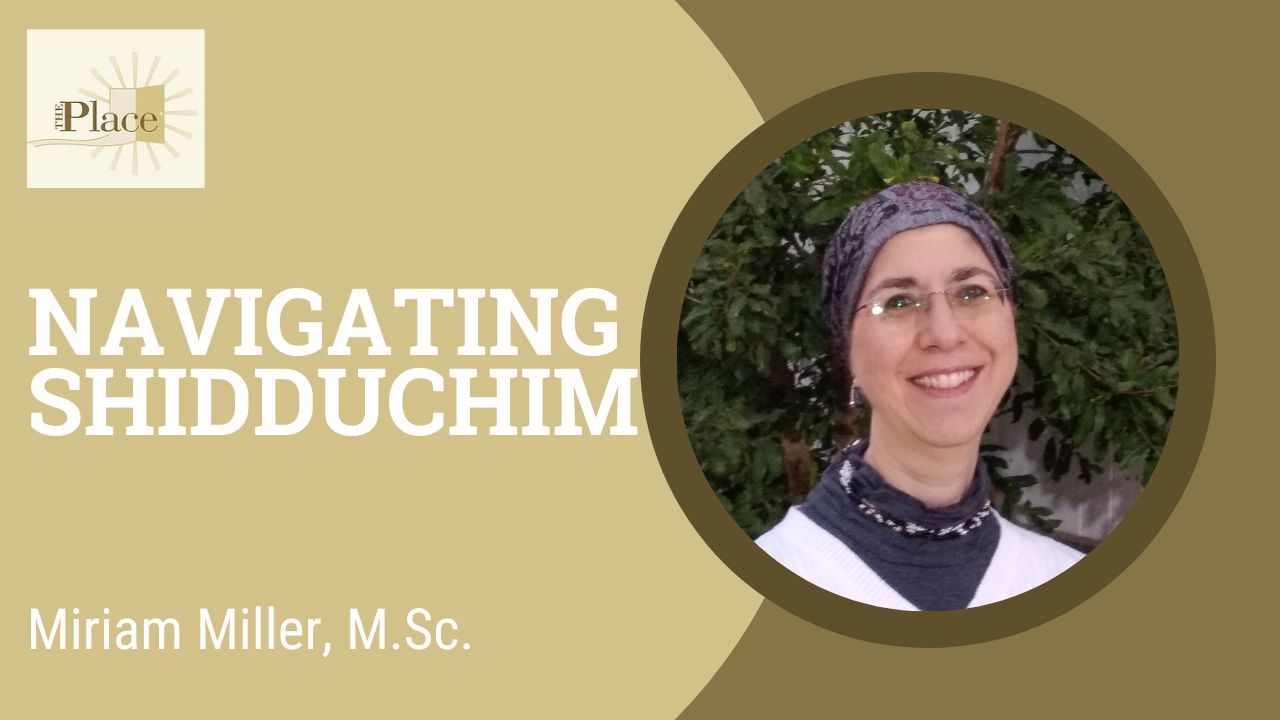Physical Education was a unique brand of torture in high school. It amounted to five 90-minute days of walking around the gym with the PE coach solemnly watching as if a sphinx. Celebrating the banality, we ended the week with dodge-ball Fridays. I assumed this was more for the coach’s entertainment than our own. As a yearly required course, I invested serious time perfecting the symmetry of my circle walking and if it wasn’t for the coach’s temporary nervous breakdown, that would’ve been all I learned.
After lap 72 the coach, who was perched in a too precariously small folding chair for his beefy body roles gruffly shouted, “Get over here!” The sphinx awoke – this was the first time most of us heard him speak. Like watching a lightening storm along the beach, mesmerized, we gathered. Staring quietly at the ground, he pressed his thick glasses farther up his nose and oracled, “There are three problems in life. Problems to avoid. Challenges to stare down… and realizing 90% of the time it’s the second problem. I’m here because I couldn’t work the last one out.” The silence lasted forever before he shouted, “Now go jump some rope!”
It took me some time to appreciate the hard truth this coach paid for with his adult life. Most problems should not only be examined but unflinchingly stared at. Why? From a neuropsychological perspective, we oddly don’t see independent objects. We actually “see” patterns. Nothing is in isolation. To size up, properly, any problem – especially in parenting – we have to leverage this skill and capture the unfolding of the broader patterns of behavior of our children before we can sort out the solutions. There are three specific phases to any behavior we need to size up before we can problem solve. First, what set up and led to the behaviors we want to change, the behaviors themselves, and finally their consequences. The biggest mistake we parents make is getting distracted by only one or two of these phases. By staring down the challenge and putting together each piece of the pattern we can start to develop real solutions that last.
About The Place
The Place is where therapists, individuals and the community connect to create safety, strength and success. At The Place, men and women discover the freedom and safety to move past those issues which are preventing them from living life to its fullest. Our goal is to help each of our clients discover his or her own strengths as powerful tools in the healing process.
The Place is a multi-faceted clinic offering both individual and group therapy, support groups, interactive evenings and lectures, educational classes, and drop-in hours. Our comfortable, confidential, relaxed environment allows clients and their families to explore sensitive issues and create positive change. We believe that the key to mental health and emotional well-being is inside you.
At The Place, male and female therapists work independently or as a team to explore sensitive issues and facilitate positive change for individuals, couples and families from all sectors of the community. Some of our specialties include emotional eating, grief counseling, internet addiction, phobias, anxiety & OCD, childhood challenges, premarital counseling, couples therapy and intimacy issues, postpartum support, personality disorders, psychiatric care, and more. Connect with a caring professional in person at our comfortable Jerusalem offices, or by video, phone, and text. We’re here for you.
Contact Us
Email info@theplace.org.il
Phone (02) 581 8299
Whatsapp 054 260 1468
Social Media
Website:
https://theplace.org.il/
Facebook:
www.facebook.com/theplacejerusalem/
Instagram:
www.instagram.com/theplacejerusalem/






